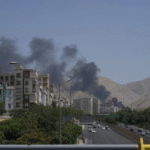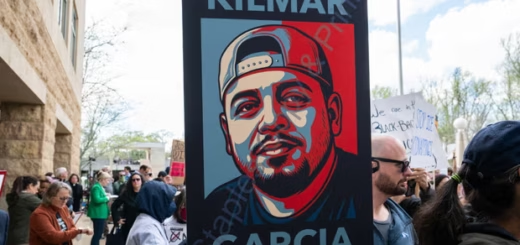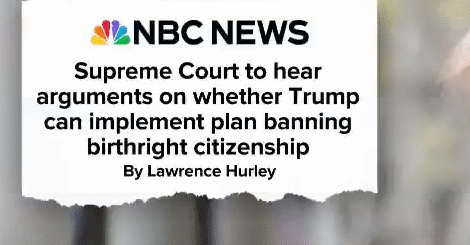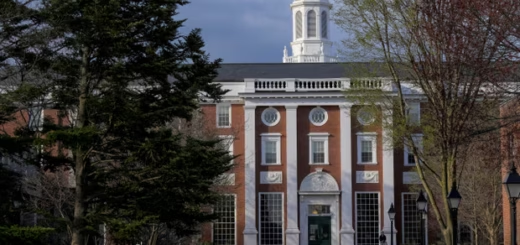Is Bluelining the ‘New’ Redlining? How Insurance Discrimination Deepens Climate Disparities
On July 21, the world experienced the hottest global temperature on record, only to surpass that record the next day. However, not everyone experiences the impacts of this heat and other climate-exacerbated disasters equally. As summer intensifies, the impacts of climate change — especially extreme heat— are becoming more severe, disproportionately affecting low-income and minority populations.
In the US, a history of racial discrimination in finance and housing policies has left Black, Indigenous, and People of Color (BIPOC) communities more susceptible to the impacts of climate change and less equipped to recover from extreme weather disasters. Today, home insurers are pulling out of areas they perceive as risky to climate hazards, once again leaving BIPOC communities behind.
Lindsay Fenlock August 9, 2024
Read the full article here CIEL
Author Profile
Latest entries
 Gun Control06/18/2025Trump says the US knows where Iran’s Khamenei is hiding and urges Iran’s unconditional surrender
Gun Control06/18/2025Trump says the US knows where Iran’s Khamenei is hiding and urges Iran’s unconditional surrender Selected Media06/18/2025Israel-Iran live updates: Trump weighs U.S. strike as Iran’s supreme leader says the ‘battle begins’
Selected Media06/18/2025Israel-Iran live updates: Trump weighs U.S. strike as Iran’s supreme leader says the ‘battle begins’ Selected Media06/18/2025Federal judge on bench for 40 years lambasts grant terminations as ‘racist’ and anti-LGBTQ.
Selected Media06/18/2025Federal judge on bench for 40 years lambasts grant terminations as ‘racist’ and anti-LGBTQ. Selected Media06/17/2025US president’s comments come after he warns Tehran residents to leave ‘immediately’.
Selected Media06/17/2025US president’s comments come after he warns Tehran residents to leave ‘immediately’.



